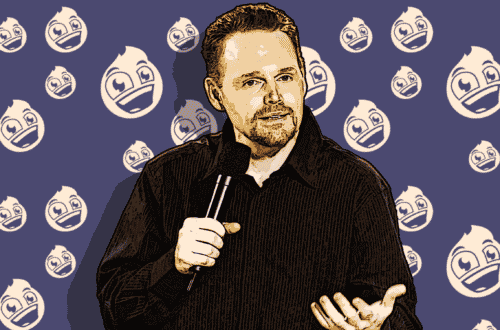10 Times That Companies Turned Down Major Successes
Lists, Other, ShockingIt is easy to spot business mistakes that companies have made in hindsight as you have the benefit of knowing exactly what the consequences of a decision were. However, at the time it can be incredibly difficult to predict just how successful an idea or product will be in the future. This obviously means that some people will turn down things that go on to be huge successes without realizing what a bad decision they have made. Here are some of the biggest mistakes some companies have ever made.
Everyone Turned Down Harry Potter
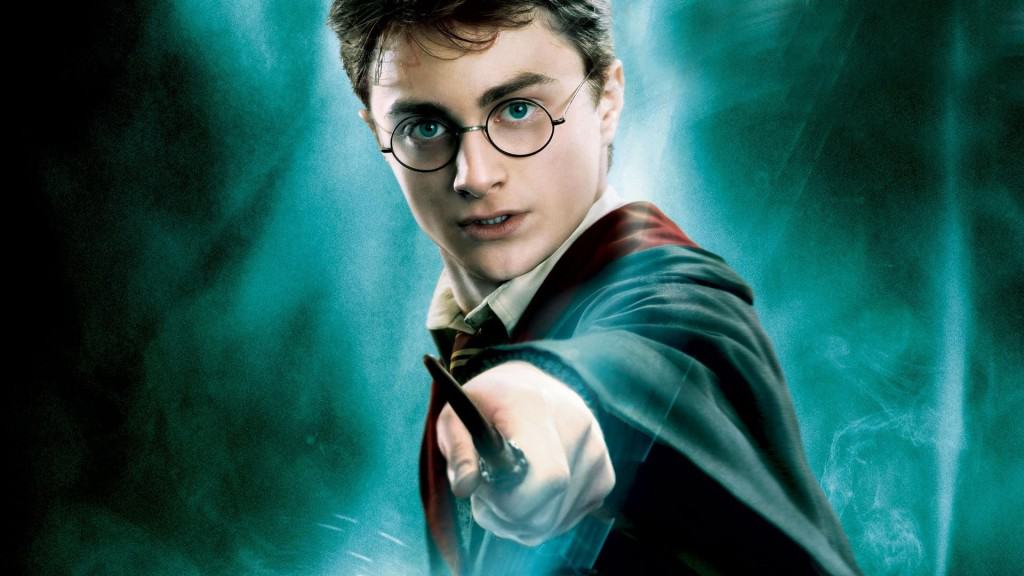
JK Rowling has revealed that she received rejection letters from 12 separate publishers before Bloomsbury eventually agreed to print the first book. The first novels spawned a franchise that has sold hundreds of millions of copies and a hugely successful series of movies.
Yahoo Backed Out Of Facebook Deal
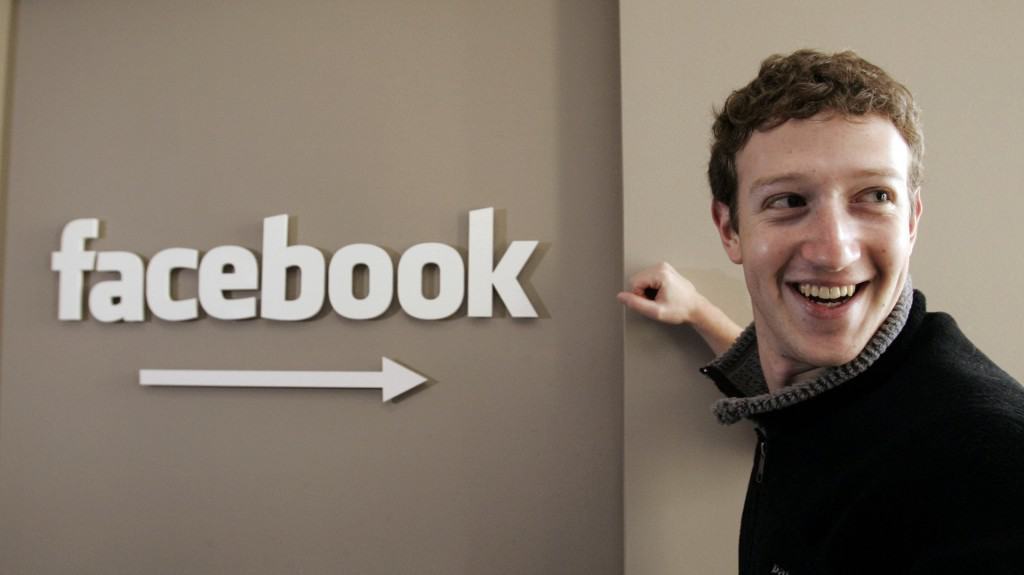
According to reports, Yahoo! and Mark Zuckerberg were in advanced negotiations over the sale of social media site Facebook to the internet company in 2006. The deal was initially set at just $1 billion, though Yahoo! soon began to back out of the agreement and tried to lower the price significantly. This led to Zuckerberg going off the idea and instead deciding to keep control.
Philips Doesn’t Develop The iPod
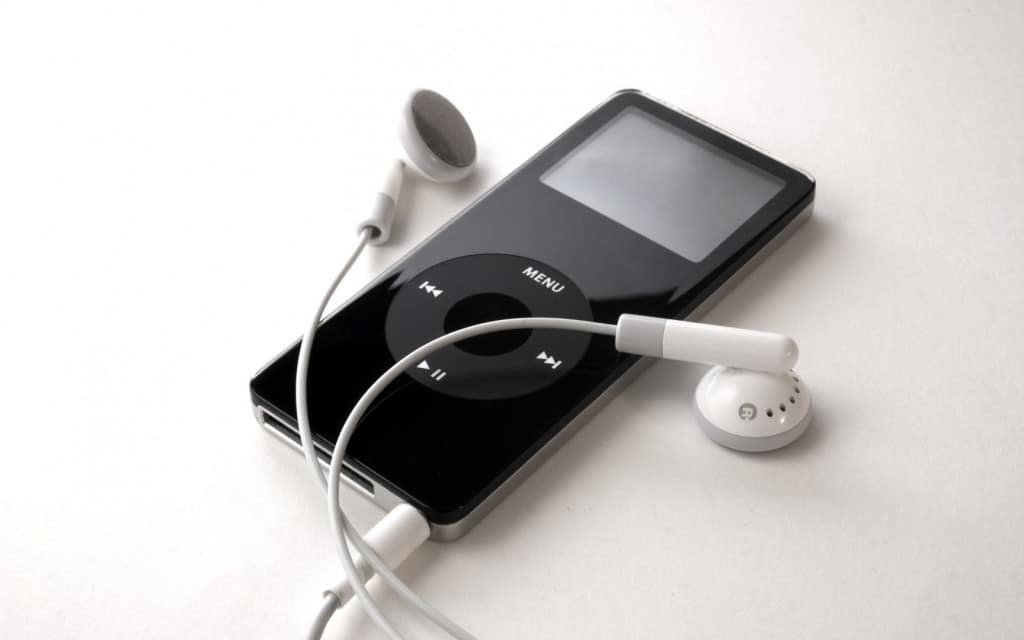
Philips engineer Tony Fadell began working on a portable music player that would be able to purchase and download music from the internet as a side project. When he presented it to his superiors at the company they refused to develop it as a product and he took it to Apple where it was eventually developed into the iPod.
Not Buying Google
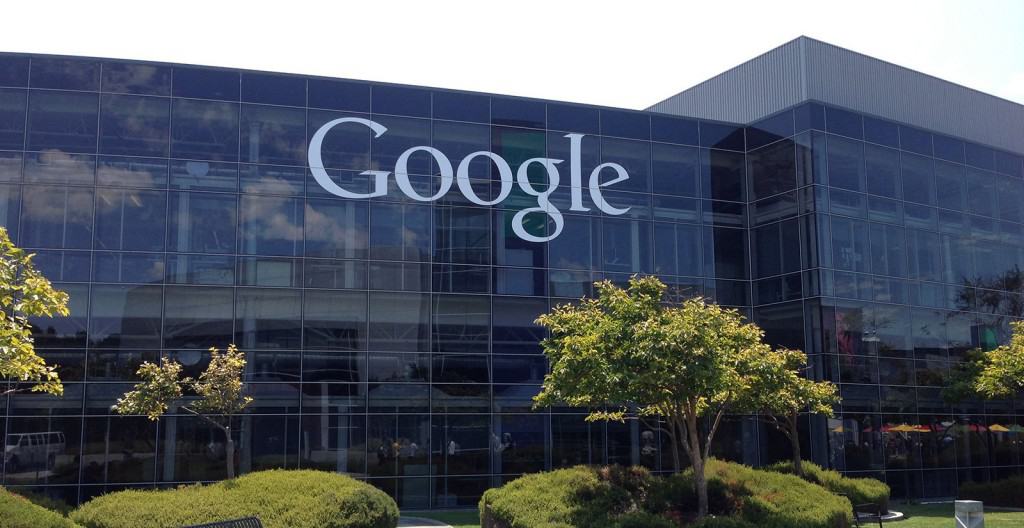
Excite had the opportunity to purchase Google for just $750,000 in 1999 when founders Larry Page and Sergey Brin were looking to sell the company to get extra investment. CEO George Bell turned the offer down believing that the business wasn’t worth the money and lost out on owning a company that is now worth more than $100 billion.
Mars Refuses To Work With E.T.
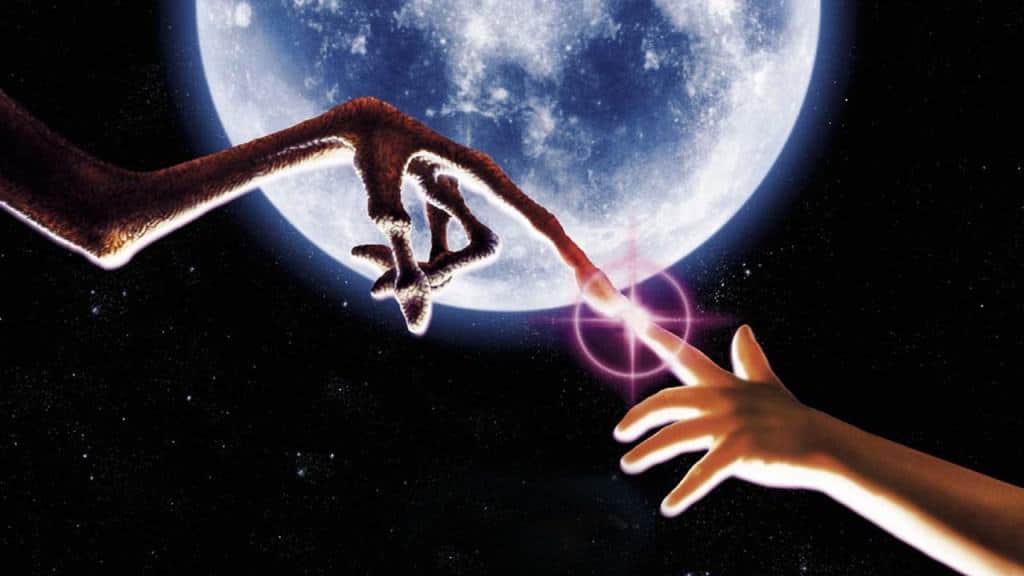
The producers behind E.T. offered Mars the chance to work with them in anticipation of the release of the movie. This would involve advertising the movie on packets of M&Ms in exchange for the sweets making a prominent appearance in the film. Mars didn’t think this was a good deal, so the producers instead made an agreement with Reeses Pieces, which saw a 65% sales jump after its release in cinemas.
Decca Rejects The Beatles
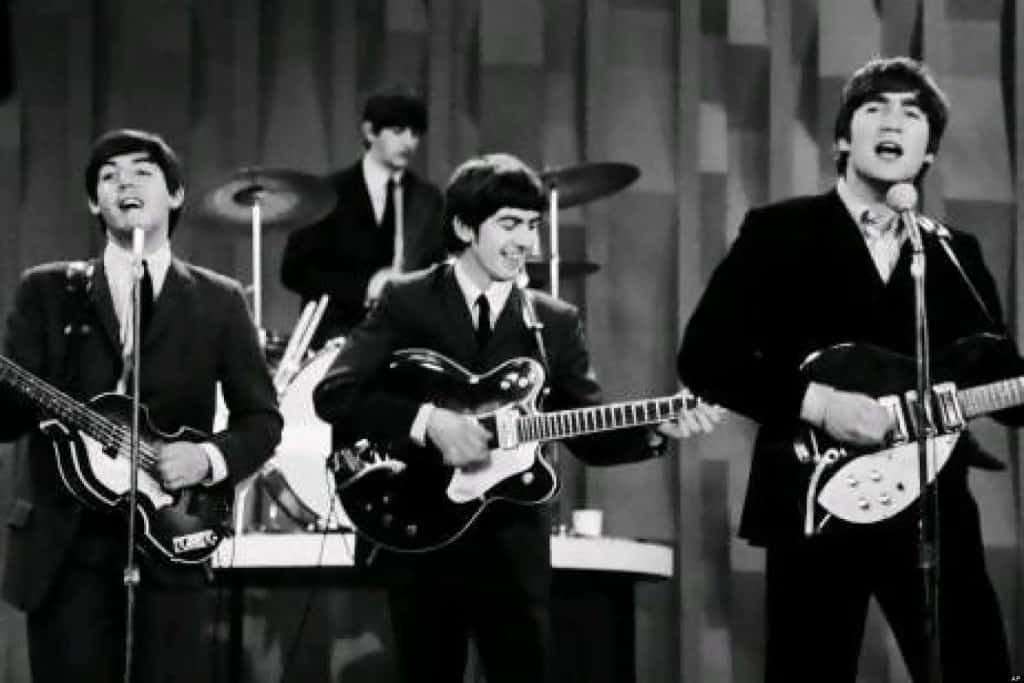
Despite the fact that The Beatles would go on to become arguably the most popular and successful band of all time, it was very difficult for the group to get a record deal in their early days. When they sent tapes to Decca Records, executives turned them down saying that guitar based musical acts were now out of fashion.
Kodak Not Utilizing Digital Photography
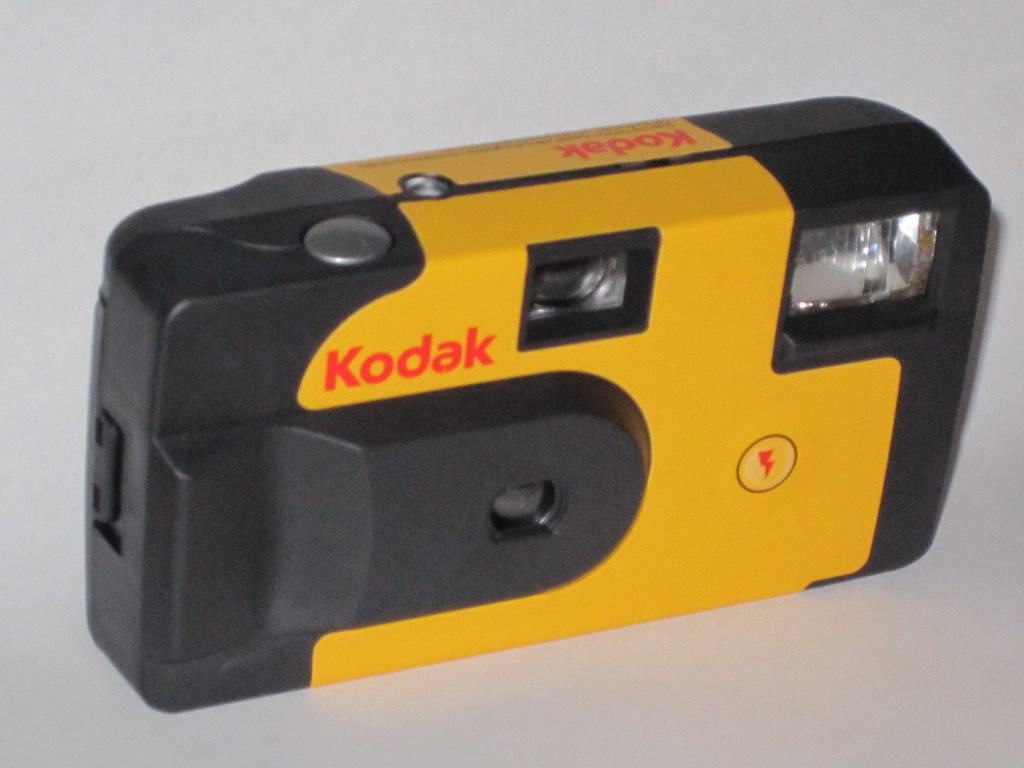
Kodak purchased the patent for digital photography in 1975, giving it the chance to capitalize on the new technology and dominate the market for years to come. However, they instead decided not to use the patent out of a fear that it would negatively affect their film business and suffered dearly for it as they would go bankrupt in 2012.
Western Union Didn’t Want The Telephone

Alexander Graham Bell took the patent for the telephone that he had registered and offered it to Western Union in 1877. The company’s president William Orten decided against buying it as he didn’t think it would be a popular device and because he already had a monopoly on the telegram. The choice proved to be an unwise one as the telephone became one of the most important pieces of technology in human history.
Blockbuster Turns Down Netflix Deal
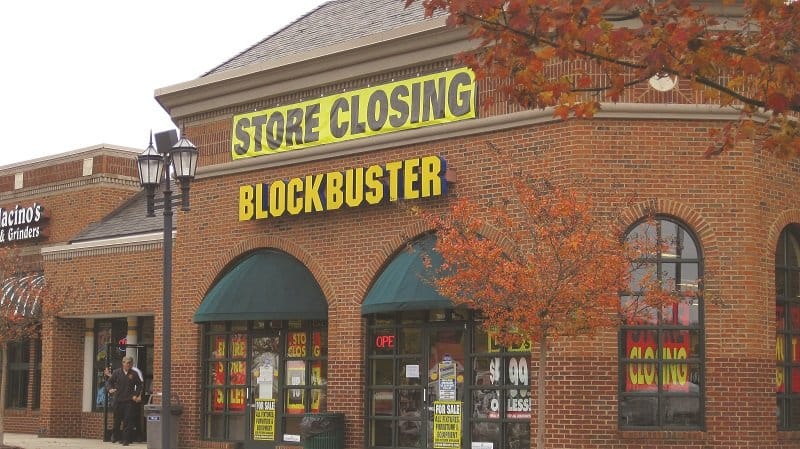
Blockbuster dominated the video and DVD rental business for many years, though they began to run into difficulties in the late 2000’s. That makes the fact they turned down a mutually beneficial deal with Netflix in the year 2000 that might have helped them survive past 2010 before they went into administration.
Ross Perot Didn’t Want Microsoft
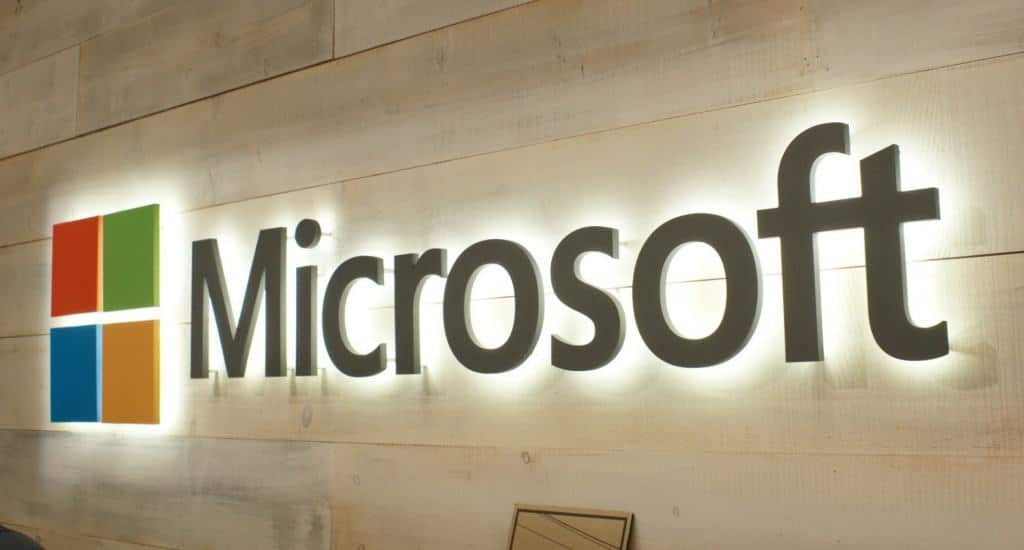
Although Microsoft would go onto become one of the biggest and most successful companies of all time, Bill Gates was willing to sell his new company to Ross Perot for just $40 million. Perot turned that offer down though feeling that Microsoft was not worth the money.

